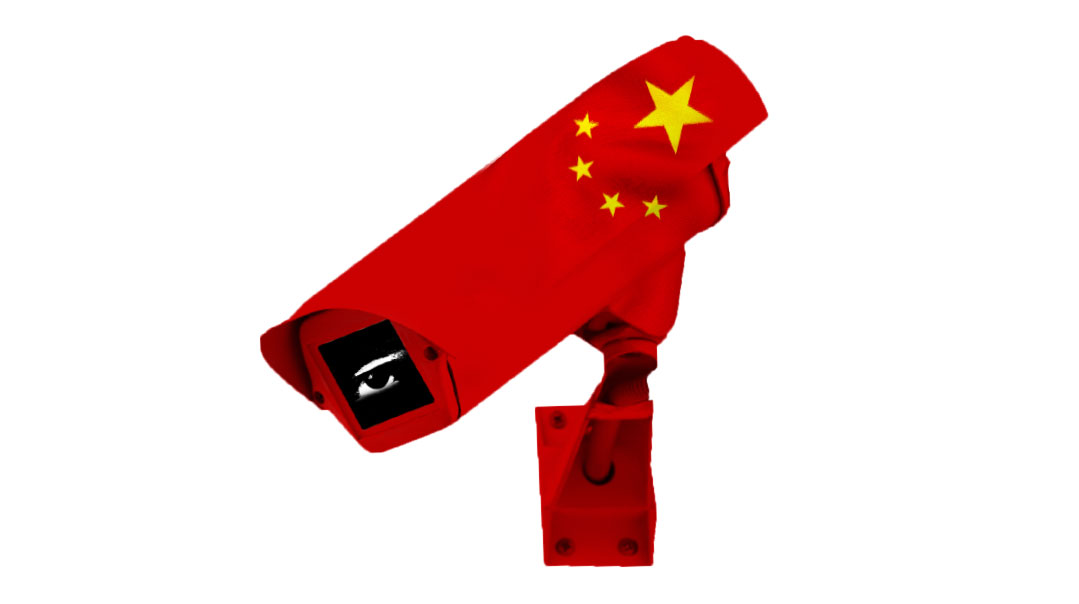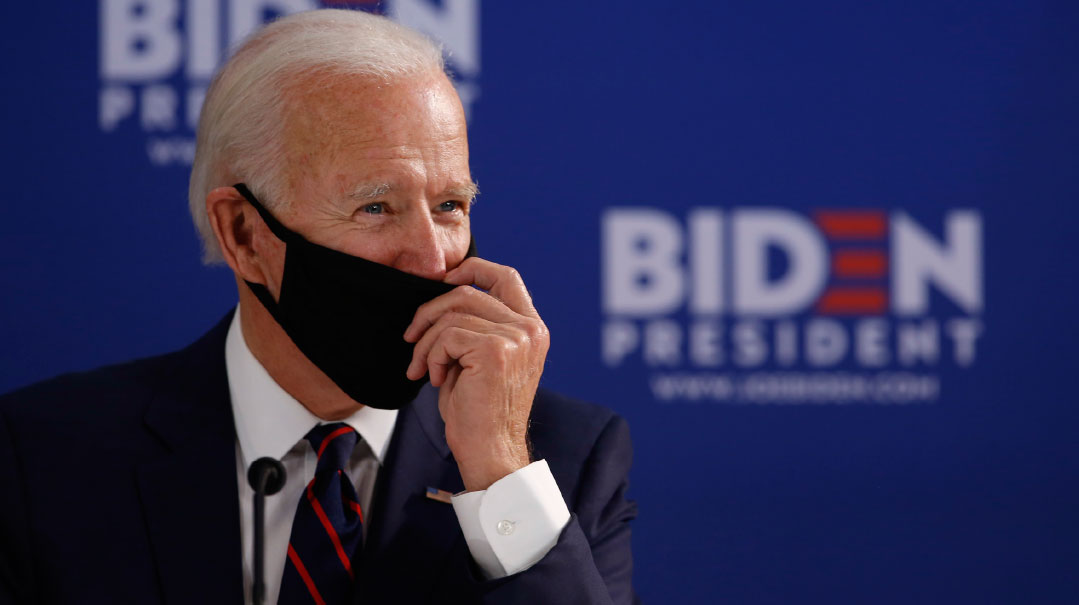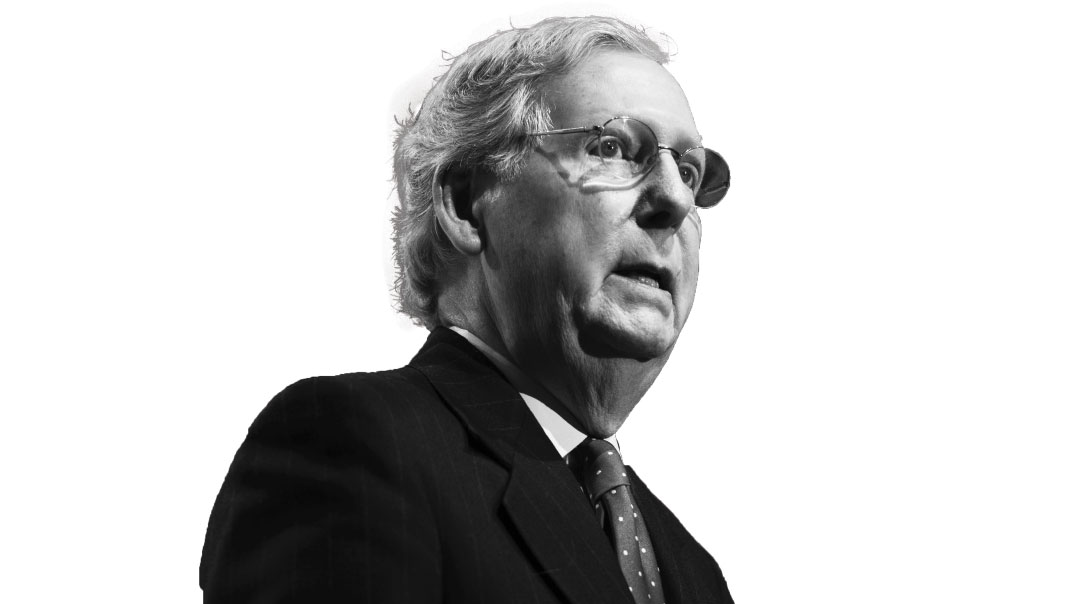Big China Is Watching You

China vs. America and the race for 5G

Everyone has a credit score, a number that reflects how diligent you’ve been about paying your electric bill and mortgage and how many credit cards you hold. The higher the number, the better the score.
But what if there was a score that told the government how dutiful a citizen you’ve been? Have you jaywalked? How often do you praise the government? Do you volunteer at the soup kitchen? How do you spend your time on social media?
Now, what if a low score carried social implications? What if it meant that your kid couldn’t get into the school of his choice and that you couldn’t get a good job? What if it meant there was a “blacklist” of social undesirables and that information was broadcast publicly, for instance at a movie theater before a show or on billboards overlooking the town square?
Such a system exists, today, in China. It is called the Social Credit System and is scheduled to be fully rolled out in 2020. Already, the government has access to banking accounts and health records, preferred media outlets, and lists of friends. It collects all that information by way of facial recognition software and big data. It’s a bit like Big Brother meets Facebook for China’s 1.4 billion citizens.
What can sometimes get lost in all the rhetoric about the trade war between the United States and China is that the competition between the two nations is about more than just the price of soybeans, clock radios, and washing machines. It’s really about which nation holds sway over world affairs; whose political manifesto is adopted and whose isn’t.
For a long time, the United States thought that it could reform China by encouraging trade and opening it up to the world. That was the policy of several American administrations: the more integrated the Chinese economy, the more Western influences will permeate. Eventually, the Chinese will demand greater freedoms from their communist rulers.
But it hasn’t worked out that way, and it’s no longer the conventional wisdom that the West can turn China from its path. The Chinese have dropped all pretense of democratization or adopting Western ideas, especially over the last decade, according to Aaron Friedberg, a professor of politics and international affairs at Princeton University. “Chinese officials are increasingly open in their dismissal of Western-style democracy and contemptuous of what they refer to as ‘so-called universal values,’ ” Friedberg wrote in the American Interest earlier this year. “What [Chinese president] Xi Jinping and his colleagues have in mind is not a transitional phase of authoritarian rule to be followed by eventual liberalization, but an efficient, technologically empowered, and permanent one-party dictatorship: an illiberal version of the ‘end of history.’ ”
China’s economic power, in turn, has led to its confidence abroad. China is aggressively pushing back against American influence in East Asia and has constructed military bases in the South China Sea. Freidberg writes that China’s ultimate goal is to force the US military out of Japan and South Korea without firing a shot. “The purpose of China’s military buildup is not primarily to fight and win a war with the United States but rather, if possible, to win ‘without fighting.’ Beijing hopes to deter US intervention by raising its prospective costs, to demonstrate Washington’s inability to prevent the systematic expansion of China’s power and influence, and in the process to weaken US alliances by undermining confidence in the long-term viability of American security commitments.”
For China, trade also takes on a quasi-political purpose. Back in May, President Trump banned China’s largest telecom company, Huwaei, from selling networking equipment in the United States. The concern is that Huwaei will use its networks as a gateway for the Chinese government to spy on American citizens and institutions. The US claims that Huwaei and the communist authorities work hand in hand.
This will become even more relevant in the coming months, when the United States and China both begin to offer 5G network capabilities to mobile phone users. 5G promises speeds up to 100 times faster than current 4G networks. Technology enthusiasts are enthralled with 5G because it means that advances like remote surgery, robot factories, and driverless cars will finally become a reality. Industry experts say that whoever manages to dominate 5G will hold a huge technological advantage going forward. Right now, the US, China, and South Korea are the leading players in the field.
And here’s where we come full circle. 5G will be so speedy that a mobile phone user will be able to download an hours-long video, for instance, in a matter of seconds. It also means that the “internet of things” (appliances like refrigerators and washing machines connected to the internet) will finally come to fruition. China knows that 5G is potentially revolutionary and that many international companies will rely on its knowhow to build out their systems.
While China intends to use 5G to fully implement its social-credit system for Chinese citizens by the end of 2020, in late August the European Union Chamber of Commerce reported that the communist state will also use a parallel credit system for businesses operating in China, international and domestic alike. The new database will allow the government to monitor the activities of all businesses in China and to improve compliance with the law, and levy penalties on those engaging in fraudulent activity.
“It is no exaggeration to say that the Corporate SCS will be the most comprehensive system created by any government to impose a self-regulating marketplace, nor is it inconceivable that the Corporate SCS could mean life or death for individual companies.”
In theory, this means that the biggest companies in the world must comply with Chinese dictates in order to do business there. For instance, companies may have to turn over sensitive data to the Chinese, information that a Western government would never demand.
Over the last 39 years, China’s gross domestic product has grown 70 times. The accumulation of all that economic power has not been entirely benign, however. China seeks to use its economic might to reshape the world in its own image. In Freidberg’s words: “What is at stake in the emerging contest between Washington and Beijing is not just the delineation of spheres of influence, or some marginal readjustment in the balance of power, but the future prosperity and security of free societies in Asia and around the world.”
(Originally featured in Mishpacha, Issue 777)
Oops! We could not locate your form.













